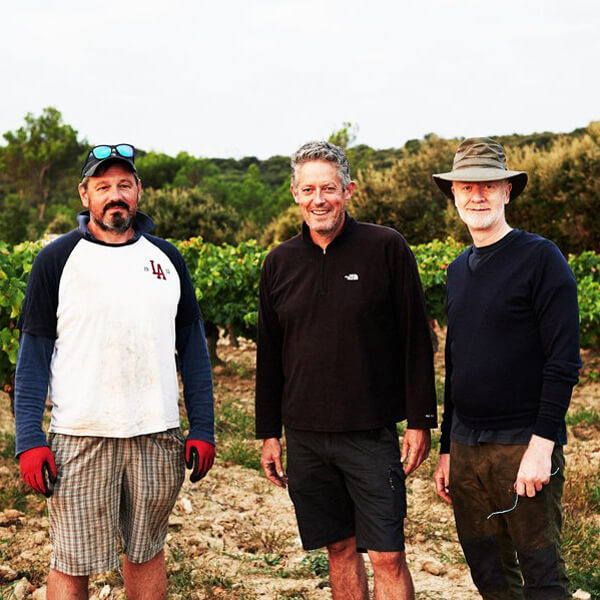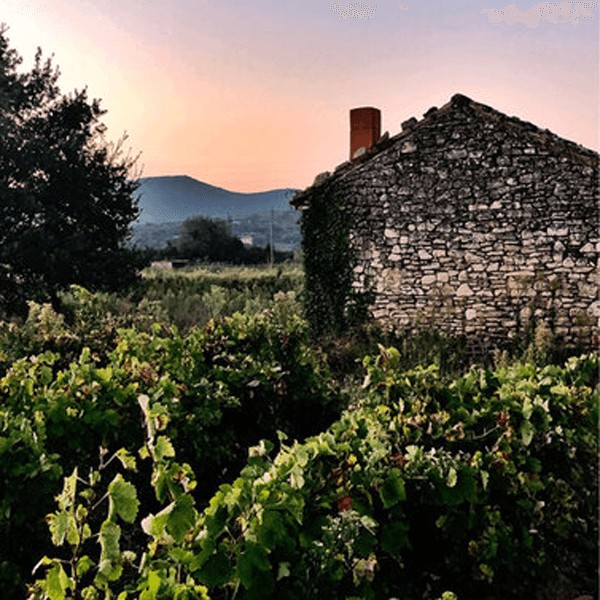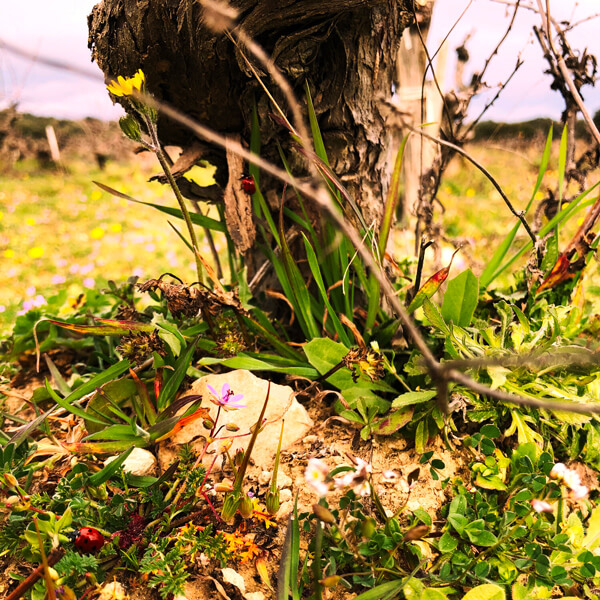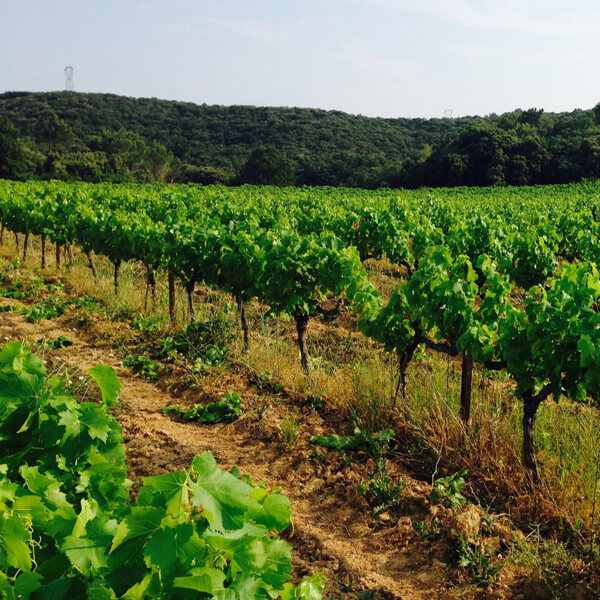
2024 LA COMBE DE LA LUNE Côtes du Rhône Domaine Les Deux Cols
Southern Rhône Rhône France
13.5%
White
Grenache Blanc, Bourboulenc, Clairette, Viognier.
Certified Organic
We were super impressed with the wines from Les Deux Col, so much so that the 2023's sold out in a blink of an eye. We have been waiting in much anticipation for the release of the 2024's and on this showing they do not...(read more)
L&S
2024 Ô FONT Côtes du Rhône Domaine Les Deux Cols
Southern Rhône Rhône France
14%
Red
Syrah, Grenache.
A delicious blend of Syrah, and Grenache. It has an attractive nose, with bright red fruits such as cherry and soft redcurrant, with a hint of spice. Very easy to drink, perfect for a warm night in.
L&S
2023 LA DEGÈVE Domaine Les Deux Cols
Southern Rhône Rhône France
14.5%
Red
Grenache.
Certified Organic
2022 LA DEGÈVE Côtes du Rhône Domaine Les Deux Cols - 100% Grenache off limestone & sand from a tiny 0.3h plot planted in 1998 tank ferment, aged in demi muids for 11 months 0.3h Sweet and floral,...(read more)
L&S





